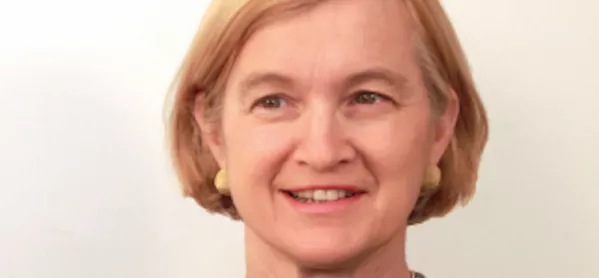Colleges risk giving students “false hope” by offering a large number of places where there are few job opportunities, Ofsted’s chief inspector is set to say.
Amanda Spielman is set to tell the Association of Colleges' Annual Conference that it is unacceptable to put the financial concerns for maintaining student numbers over the future prospects of students finding work.
The Ofsted chief singled out arts and media courses as having the “greatest mismatch” between the numbers of students taking the courses and their future employment in the industry.
'This isn’t acceptable'
She added: “There is a point up to which courses that engage learners have value, but ultimately there have to be viable prospects at the end.
"Yet even with the poor prospects, course adverts often listed potential jobs in the arts which are, in reality, unlikely to be available to the vast majority of learners but underplay the value of other skills these courses develop.
“These colleges risk giving false hope to students. It raises the question: are they putting the financial imperative of headcount in the classroom ahead of the best interests of the young people taking up their courses? If so, this isn’t acceptable."
'Other people’s children'
Addressing delegates at the AoC conference in Birmingham, she is also set to say that many of the 170,000 young people doing level 2 study programmes are facing narrow options and limited flexibility.
It comes as Ofsted has published a report on the curriculum available to students taking level 2 study programmes at further education colleges.
The report says that these young people’s life-long employability depends on the ability of teachers to redirect their education into a course that stimulates and motivates them, and which offers the prospect of further study, training or work.
However, it finds that for too long they have been seen by policymakers as “other people’s children” and, as a result, their needs have not always been met.




